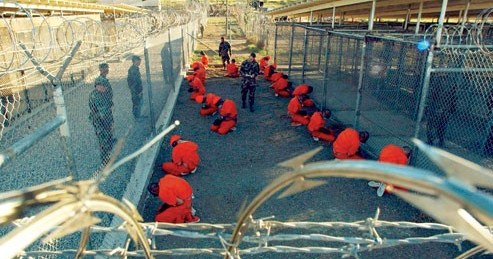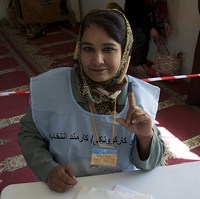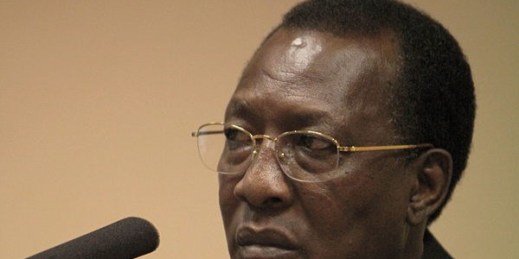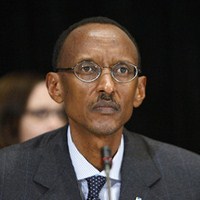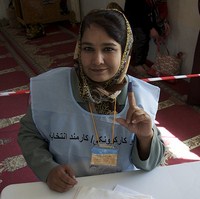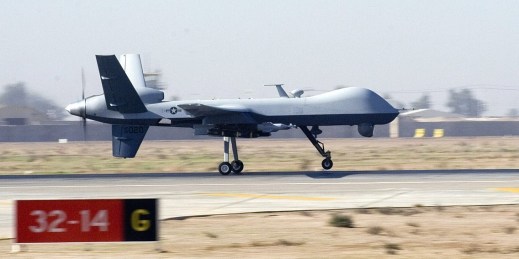
While Americans debate when and where the United States should use drones to strike at insurgents and terrorists who cannot be reached by other means, they may be overlooking an important trend: the move to supply a targeted killing capability to allied nations. This began when the Bush administration decided to provide technology and advice to help the government of Colombia kill the leaders of its narco-insurgency. Today, the U.S. military is also helping the armed forces of Yemen field systems for the targeted killing of anti-government extremists associated with al-Qaida. This is the beginning of a trend, as more […]




